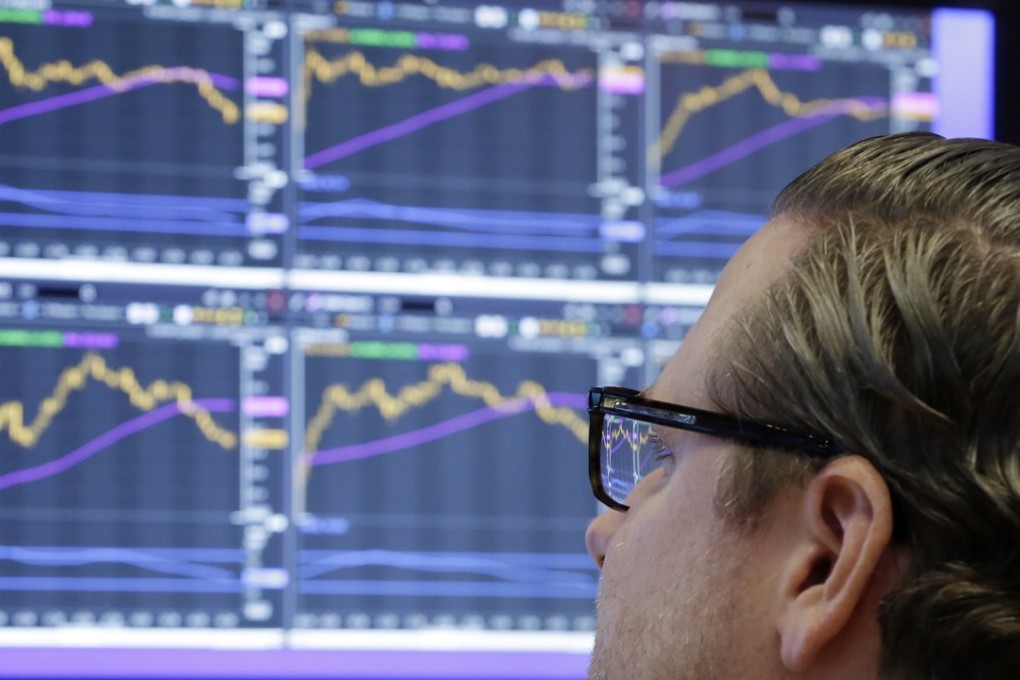Advertisement
The global asset bubble will burst – the only question is when, and how bad it will be
Andy Xie says we are seeing little concern about the swollen asset bubble, even though stock prices are higher than just before other crises and China is looking to slow the credit expansion that has propelled growth. It’s time to watch for signs of a coming contraction
Reading Time:4 minutes
Why you can trust SCMP
0

Since the global financial crisis of 2008, all major economies have kept interest rates at or close to zero and maintained large fiscal deficits. A decade of massive, synchronised monetary and fiscal stimulus has led to the greatest asset bubble in history, to the tune of about US$100 trillion, nearly 1.5 times the world’s GDP.
Even though the US stock market is more expensive than in 1929 or 2000, and China’s property valuation higher than Japan’s a quarter of a century ago, fear-driven sell-offs have been rare and brief, leading to the belief that high asset prices are the new normal. Massive amounts of financial and business activities, especially in tech, are predicated on high asset prices going higher.
The unusual longevity and resilience of high asset prices are largely because government actions, not herd behaviour in the market, are force-feeding the bubble. Government actions will lose their grip only when growth expectations crash or inflation flares up. Neither is a major risk for 2018. Hence, 2018 won’t kill the speculators of the world.
But 2018 will teach them a lesson or two. High-risk assets such as internet stocks and high-end properties will struggle like never before in the past decade. US interest rates will rise above inflation for the first time in a decade. And China is tightening, especially in the property sector, out of fear of a life-threatening financial crisis. The interaction between the US Federal Reserve’s quantitative easing and China’s credit targeting has been the liquidity super machine. China accounts for about half of global credit growth. Credit creation in commodity economies has been dependent on China. The property sector roughly accounts for half of China’s credit growth. Yet, China’s monetary expansion may slow to half the average of the past decade.
What does the Fed interest rate rise means for Hongkongers?
Here’s why you can’t trust market signals any more
Advertisement
